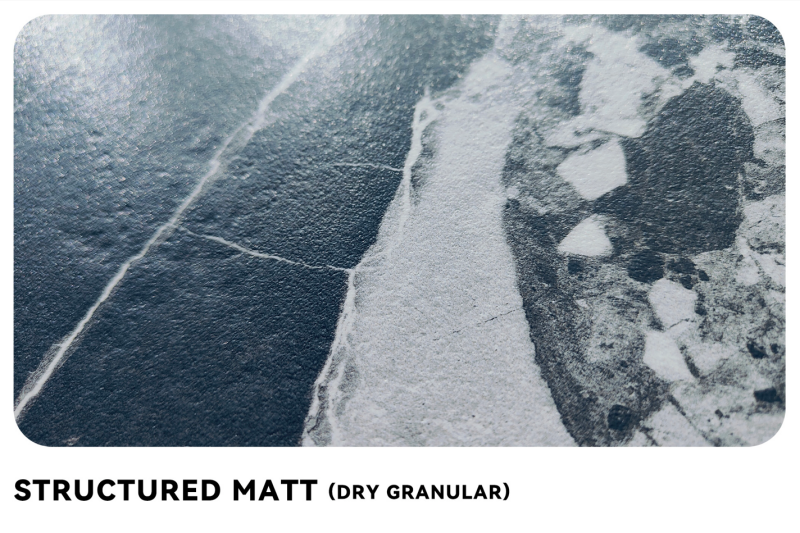Use a neutral cleaner
Acidic or alkaline cleaners, such as citric acid or bleach, should not be used on marble countertops. We recommend using a neutral cleaner specifically formulated for natural stone, which removes dirt without damaging the surface.
2025-09-29
More






